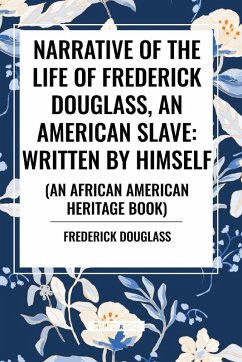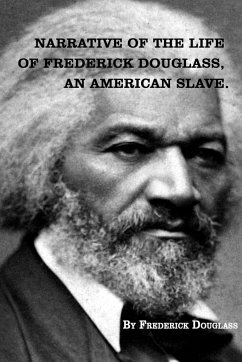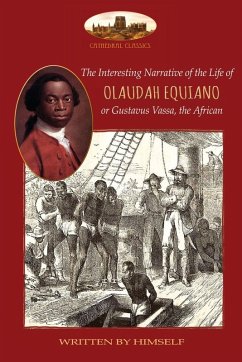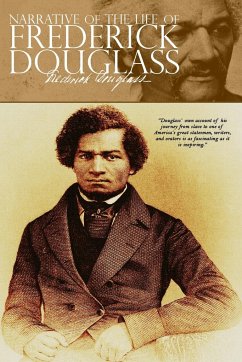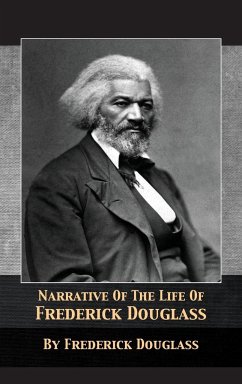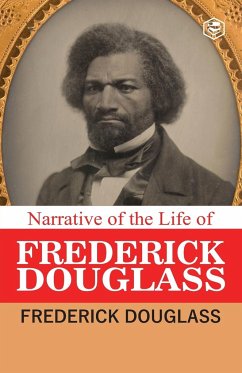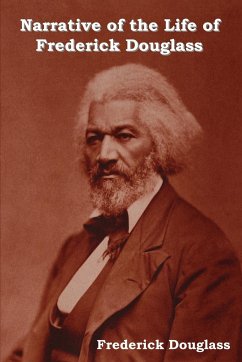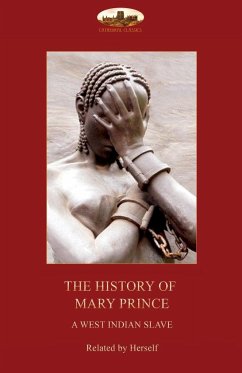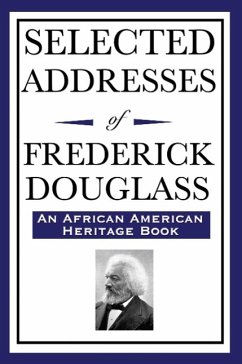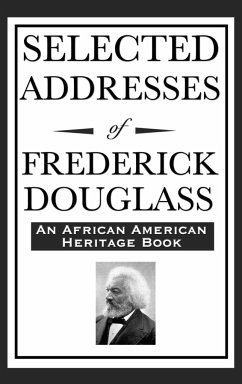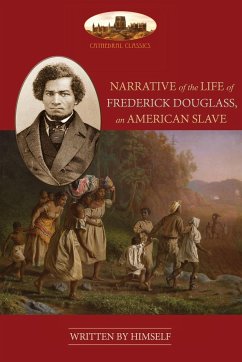
Narrative Of The Life Of Frederick Douglass, An American Slave
Unabridged, with chronology, bibliography and map (Aziloth Books)
Versandkostenfrei!
Versandfertig in 1-2 Wochen
11,99 €
inkl. MwSt.

PAYBACK Punkte
6 °P sammeln!
Born into slavery, Frederick Douglass ignored his master's veto on black education and taught himself to read and write. Escaping to the Northern States in 1838, Douglass became an ardent abolitionist, campaigning passionately against all aspects of human bondage. His 'Narrative' is a classic of black emancipation: a life story replete with tales of cruelty and oppression, of courage and love. Like a later victim of black subjugation – Nelson Mandela –it is Douglass' ability to control his anger and resentment in the face of almost intolerable provocation that most impresses the reader. Wh...
Born into slavery, Frederick Douglass ignored his master's veto on black education and taught himself to read and write. Escaping to the Northern States in 1838, Douglass became an ardent abolitionist, campaigning passionately against all aspects of human bondage. His 'Narrative' is a classic of black emancipation: a life story replete with tales of cruelty and oppression, of courage and love. Like a later victim of black subjugation – Nelson Mandela –it is Douglass' ability to control his anger and resentment in the face of almost intolerable provocation that most impresses the reader. While bitingly ironic at times, his prose remains reasoned and restrained and his compassion even allows him to pity the dehumanizing effects of slavery on the slave owners themselves. Douglass’ story is all the more powerful for these qualities.



